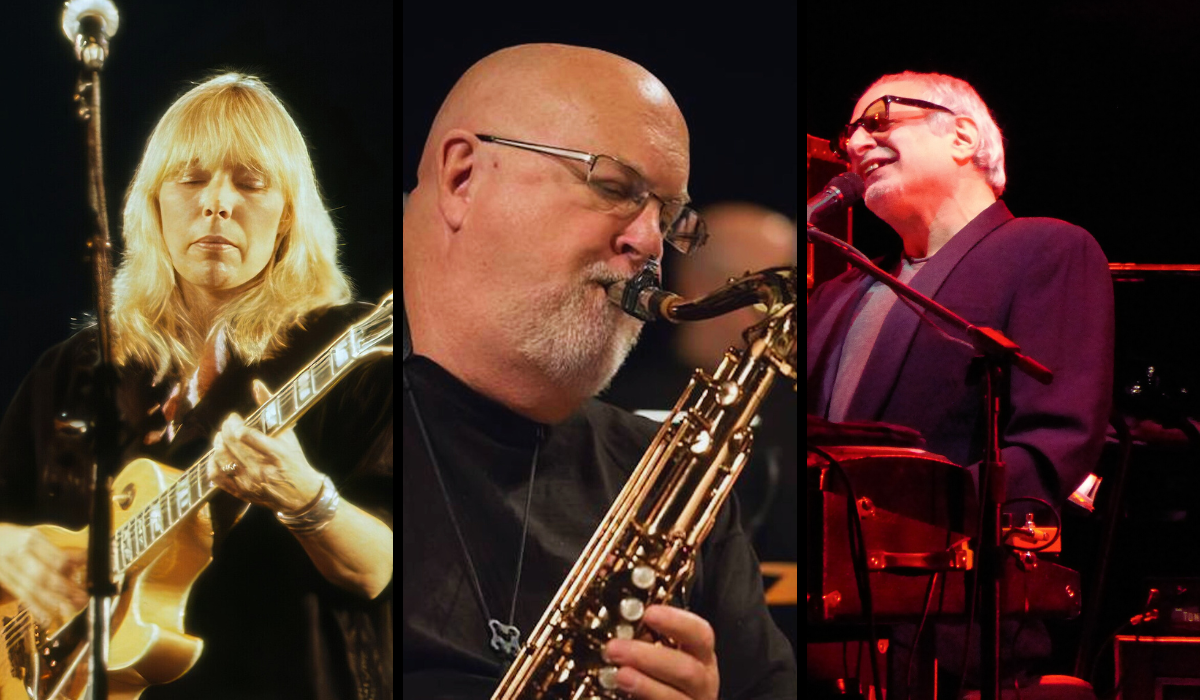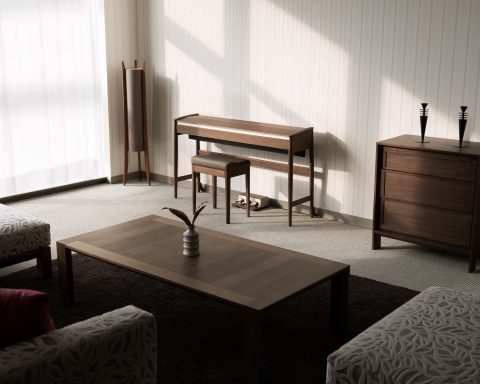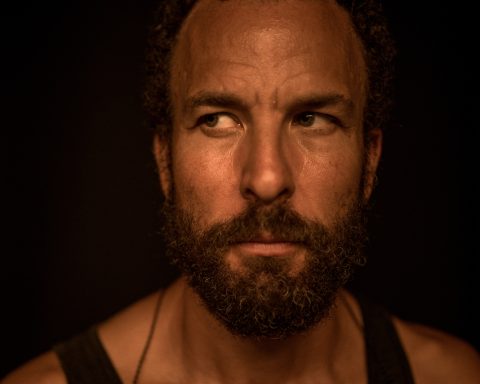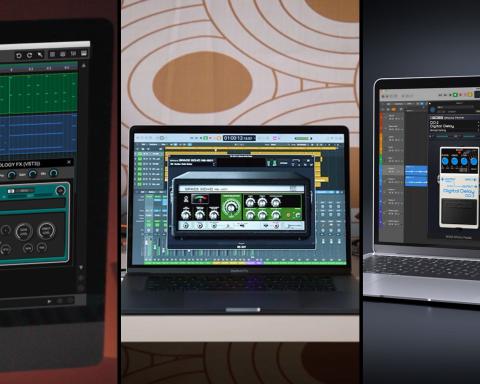Three-time Grammy-winning saxophonist, composer, arranger, producer, and digital wind pioneer Tom Scott has worked with icons like Joni Mitchell, Quincy Jones, and Steely Dan. In this listening guide, the living legend reflects upon experiences from those collaborations that left an indelible mark on both his career and decades of genre-defining music.
Playlist
Tom Scott commentary
Woodstock by Joni Mitchell (1970)
Quincy Jones asked if I knew the tune “Woodstock.” And I asked, “You mean by Crosby, Stills, Nash and Young”? He said, “Well, that’s the tune, but have you ever heard the original by Joni Mitchell. Get yourself a copy of Ladies of the Canyon and see what you think.” Of course, Joni’s version was far different than the CSNY, which was a real rocking version of it. This was very ethereal and spiritual, almost. It was really beautiful. I was so taken with it.
I decided to do what Quincy suggested and do a version of that style of “Woodstock” on a demo session. Joni heard my recording and asked me to join her on her record, For the Roses. It was an unbelievable musical experience, which she described later in Rolling Stone as a ping-pong match. She would say, “Why don’t you try this?” And I’d go, “Yeah, that’s a good idea. Why don’t I do this?” It was a back-and-forth sort of thing.
I also learned Joni had no technical knowledge of music. I remember she was sitting at the piano playing these very hip jazz chords. With my deconstructed musical brain, I go, “Oh, that’s that same D minor 13th—or whatever it was—on Miles Davis’s So What. She said, “I don’t know what it is, I just like the sound of it.” When you think of this woman’s repertoire, the tunes that she wrote and the lyrics, which were so voluminous and very personal, she was in a category all by herself, honestly.
Tom Cat by L.A. Express (1974)
The original L.A. Express band of the ’70s had a repertoire of around 20 tunes, most of which were written by me. I got the Aerophone, and when we played some of those tunes live, I substituted the Aerophone for the saxophone I was playing originally because it’s just the right synth.
Now, the L.A. Express is back. We’re doing some weekend shows. We sold out our 50th reunion at the Baked Potato, the North Hollywood club where it all started. I’ve got four marvelous new players performing many of the original tunes.
Help Me by Joni Mitchell ft. L.A. Express (1974)
Joni Mitchell came to the Baked Potato in North Hollywood and heard my band, the L.A. Express. At the time, it was the top of the heap in terms of rhythm players, with John Guerin on drums, Max Bennett on bass, Joe Sample from the Crusaders on keyboards, and Larry Carlton on guitar. She told me she’d never recorded with a full band before and asked if the band might be willing to play on her next album. That became Court and Spark, which was Joni’s most popular, best-selling album of all time.
Our tour for that was supposed to be six weeks. The album went on the charts and wouldn’t leave, so the tour kept getting extended. We started in January of ’74, and by September, we were playing Wembley Stadium for 100,000 people with Crosby, Stills, Nash and Young. It was a major rock concert. I have nothing but the highest respect for Joni Mitchell.
Aja by Steely Dan (1977)
Walter Becker and I had a mutual acquaintance. One day, he said, “We’re working on this new album. And we need some horn arrangements. You write horn arrangements, don’t you?” I responded, “Yes, I do.” We met at Village Recorders in West LA, where we decided on the instrumentation—I think it was four saxes, two trumpets, two trombones. The only guidance they gave was, “We don’t like high trumpets.” I contributed something in the form of arranging and playing on every tune except “Aja” itself. They didn’t change anything except for one section I revised after they brought in Pete Christlieb to play a marvelous tenor saxophone solo on “Deacon Blues.”
When I finally heard the record, I said, ‘Walter, this is absolutely an amazing record. If you’re asking my opinion, I don’t think it’s going to sell 20 copies, because it’s just too weird. The voice of Donald Fagen, the lyrics, the things you’re talking about…not exactly boy meets girl, is it? Was I wrong! The thing went on the charts and stayed there for like nine months. It was made in 1976. It just could have been recorded yesterday, or the ’90s, the ’80s, and the ’70s. It doesn’t have a date stamp on it. And I think that’s a miraculous thing. That’s what makes it a truly iconic recording.
(I Got Everything I Need) Almost by The Blues Brothers (1980)
Two or three weeks before the Blues Brothers’ performance at the Universal Amphitheater in LA, horn player Tom Malone called me and said, “Listen, Tom, my wife is having a baby right in the middle of that week at the Amphitheater. Can you sub for me for the first two days?” I said, “Hell yeah!”
I showed up on Monday afternoon, met John [Belushi] and Danny [Aykroyd], who were very nice, and the band was kicking. We had a thirty-five-minute show. It was so hot. We did Monday and Tuesday, and sure enough, Wednesday morning, the Malones’ baby was delivered, and he was on his way to LA from New York.
I assumed I’d hand off to him and say, “Man, this was great, thank you so much.” But John Belushi walked up to me and said, “Tom! I’ve decided we’re just going to make it four horns instead of three. You’re a Blues Brother.” And with that, I became a Blues Brother.
Heart Hotels by Dan Fogelberg (1984)
When I was on tour with Joni Mitchell, I saw an ad for the Lyricon, the original wind synthesizer, in DownBeat magazine. I loved the idea of it. I love that it adds to the palette, which can be used to taste. I started using it on a bunch of recordings, including an extended solo on Heart Hotels by Dan Fogelberg.






